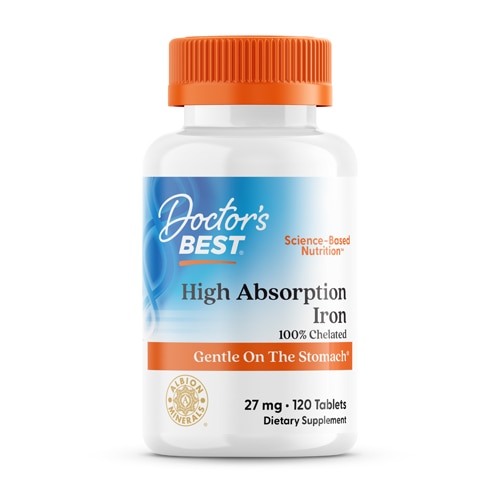You take care to eat right, but you may be getting short shrift on all those wonderful organic vegetables that can consume most of your paycheck. Technically speaking, neither foods nor supplements are in your body until they’ve been absorbed—so you may not be getting all the nutritional benefits you expect.
Paying attention to how your body absorbs what you feed it is a huge but underestimated part of optimizing your nutrition. How big a deal is it? Poor nutrient absorption can lead to a number of ailments, such as anemia, poor liver function, diarrhea and reduced energy production.
Absorption begins with digestion, a complex odyssey that goes from your mouth to stomach to small intestine to bloodstream. Some types of nutrients take longer to digest than others, such as fat and protein, since enzymes that break down carbs are released earlier in the digestive process. Here are five key factors to keep in mind that affect how well the body can digest and synthesize nutrients:
1. Stress
When you are stressed, the fight or flight response takes over and can shut down digestion in the process. Indigestion and heartburn are two common results to a constant fight or flight atmosphere in the microbiome. This bodywide nervous-system response is one of the major ways that absorption gets compromised. To reduce their symptoms, many people ply antacids—but antacids can also decrease absorption of some nutrients. Most integrative health experts say a better option is to find effective ways to navigate stress, especially when eating. A workable stress management plan can relieve indigestion and heartburn, creating more favorable circumstances for normal absorption.
2. Exercise
While exercise is great for regular elimination and colon health, too arduous a workout can wreak havoc on digestion, especially if you don’t give food time to digest. Working out on a full belly can hijack digestive resources and interfere with proper absorption. Hence the importance of waiting a couple of hours before intense exercise. If your body is busy trying to divert blood and nutrients to muscles, it can’t also stay focused on the task of digestion.
3. Caffeine
Tea, coffee, cola and chocolate all contain caffeine, which, in large amounts, can interfere with the absorption of certain nutrients, notably iron. People with iron deficiencies are often advised to avoid caffeine. According to one study, drinking coffee lowers the absorption of non-heme iron at the same meal by about 35 percent, and drinking tea, a worse offender, can lower the absorption by up to 62 percent. I
f you are hooked on caffeine but also iron deficient, consider waiting an hour or so between caffeine and supplements or meals that contain iron. If you absolutely need both at the same time, consider adding a couple of tablespoons of milk or cream to coffee or tea to buffer the interference.
4. Alcohol
Many people don’t realize that habitual alcohol consumption can cause nutritional deficiencies. How so? Alcohol damages the cells in the stomach and small intestines that can impact absorption of vitamins and minerals; it also decreases the secretion of digestive enzymes. For optimal absorption, keep alcohol to a minimum or at least avoid it within four hours of taking supplements.
5. Lack of dietary fat
Fat soluble vitamins, such as Vitamin D, are stored in fatty tissue and get slowly released as the tissue is broken down by the body. Fat must be present in your intestines for vitamin D to be properly absorbed. If your diet does not include healthy fatty acids your ability to absorb vitamin D may be reduced. The fix? Take your vitamin D supplement with food containing fat, which for many people is dinner, the largest meal of the day for most people.
Finally, as a bonus tip, one simple way to increase your ability to absorb food is ridiculously simple—become a better chewer. Chewing is an essential part of digestion. The more you chew, the better your food will be broken down (with the help of digestives enzymes released in your mouth) prior to entering your stomach. If you properly chew your food, the more nutrients you will absorb and effectively metabolize.





